Categories
 Buy Adderall Online
Buy Adderall Online
 Buy Adipex Online
Buy Adipex Online
 Buy Alprazolam Online
Buy Alprazolam Online
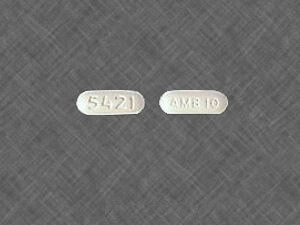 Buy Ambien Online
Buy Ambien Online
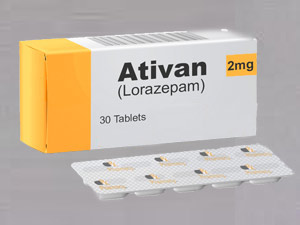 Buy Ativan Online
Buy Ativan Online
 Buy Carisoprodol Online
Buy Carisoprodol Online
 Buy Clonazepam Online
Buy Clonazepam Online
 Buy Codeine Online
Buy Codeine Online
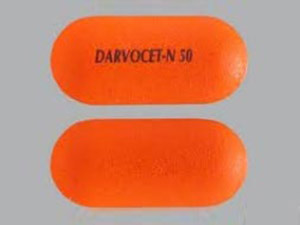 Buy Darvocet Online
Buy Darvocet Online
 Buy Demerol Online
Buy Demerol Online
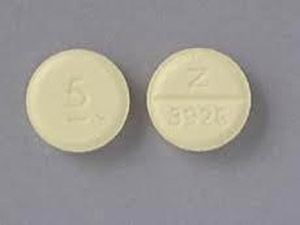 Buy Diazepam Online
Buy Diazepam Online
 Buy Dilaudid Online
Buy Dilaudid Online
 Buy Fioricet online
Buy Fioricet online
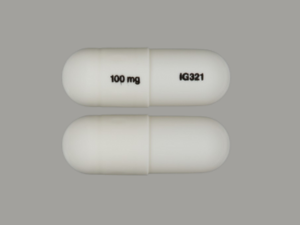 Buy Gabapentin Online
Buy Gabapentin Online
 Buy Hydrocodone Online
Buy Hydrocodone Online
 Buy Hydromorphone Online
Buy Hydromorphone Online
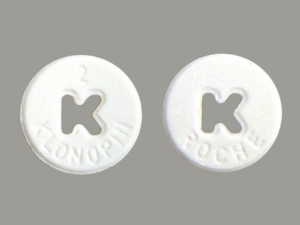 Buy Klonopin Online
Buy Klonopin Online
 Buy Lexapro Online
Buy Lexapro Online
 Buy Lorazepam Online
Buy Lorazepam Online
 Buy Lorcet Online
Buy Lorcet Online
 Buy Lortab Online
Buy Lortab Online
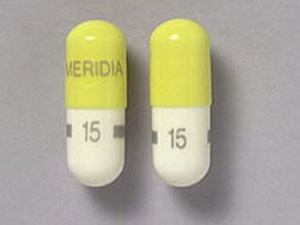 Buy Meridia Online
Buy Meridia Online
 Buy Methadone Online
Buy Methadone Online
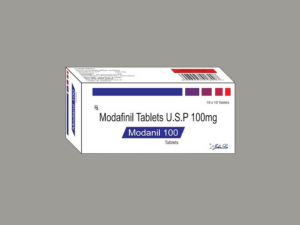 Buy Modafinil Online
Buy Modafinil Online
 Buy Norco Online
Buy Norco Online
 Buy Opana ER Online
Buy Opana ER Online
 Buy Oxycodone Online
Buy Oxycodone Online
 Buy Oxycontin Online
Buy Oxycontin Online
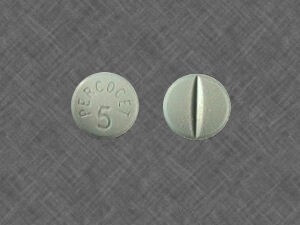 Buy Percocet Online
Buy Percocet Online
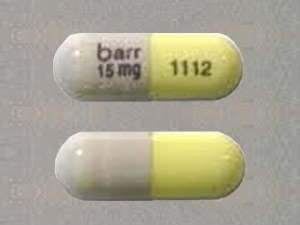 Buy Phentermine Online
Buy Phentermine Online
 Buy Roxicodone Online
Buy Roxicodone Online
 Buy Soma Online
Buy Soma Online
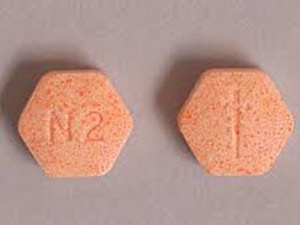 Buy Suboxone Online
Buy Suboxone Online
 Buy Subutex Online
Buy Subutex Online
 Buy Tapentadol Online
Buy Tapentadol Online
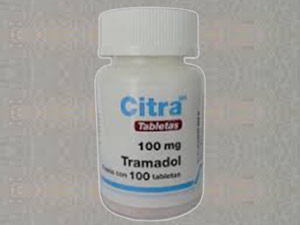 Buy Tramadol Online
Buy Tramadol Online
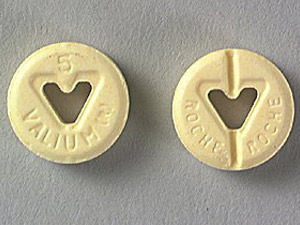 Buy Valium Online
Buy Valium Online
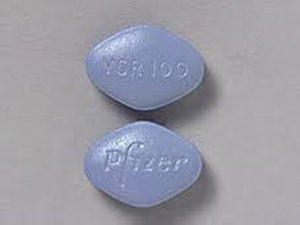 Buy Viagra Online
Buy Viagra Online
 Buy Vicodin Online
Buy Vicodin Online
 Buy Xanax Online
Buy Xanax Online
 Buy Zolpidem Online
Buy Zolpidem Online

Products
-
 Tapentadol 100mg
Rated 5.00 out of 5$350.00
Tapentadol 100mg
Rated 5.00 out of 5$350.00 -
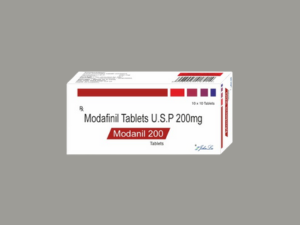 Modafinil 200mg
Rated 5.00 out of 5$369.00
Modafinil 200mg
Rated 5.00 out of 5$369.00 -
 Modafinil 100mg
Rated 5.00 out of 5$349.00
Modafinil 100mg
Rated 5.00 out of 5$349.00 -
 Klonopin 2mg
Rated 5.00 out of 5$339.00
Klonopin 2mg
Rated 5.00 out of 5$339.00 -
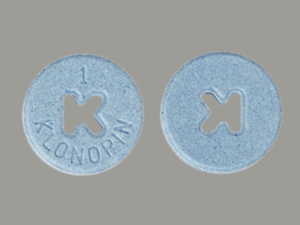 Klonopin 1mg
Rated 5.00 out of 5$329.00
Klonopin 1mg
Rated 5.00 out of 5$329.00
Recent Posts
- Relief From Kidney Stone Pain – Effective Strategies And Solution
- Best Nerve Pain Medication for the Elderly
- Sleep habits and their effects on human brain activity
- Does drinking more water help you lose weight?
- Alprazolam for anxiety benefits and risk
- Tramadol vs Dilaudid – Which is the best for severe pain
- How Long Does Hydromorphone Stay in Your System?
- How to spot fake Xanax (alprazolam) pills
- Does Suboxone help with pain?
- How to know if green Xanax s 90 3 pill is fake?
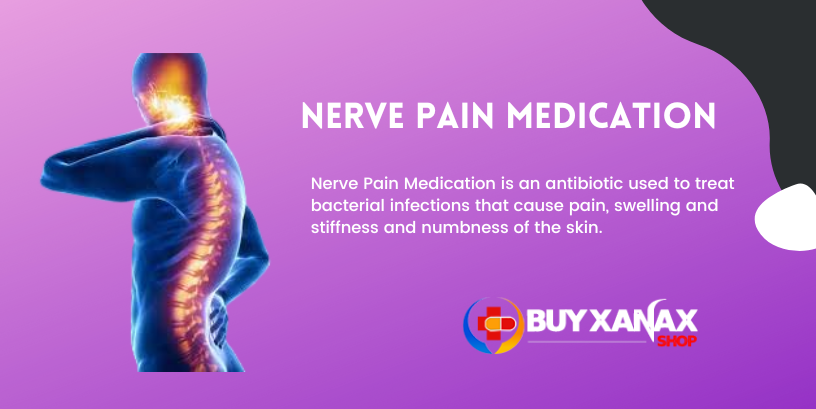
Table of Contents
Best Nerve Pain Medication for the Elderly.
With age, everyone suffers from pain; the reason can be anything but the situation is always painful. So let us discuss the topic to learn more about nerve pain in older people.
Understanding Nerve Pain in the Elderly
Nerve pain in older people, often called neuropathy, is a common condition involving damaged or malfunctioning nerves. It can result from various factors such as diabetes, age-related changes, medications, or underlying health conditions. Symptoms include tingling, burning, numbness, and sharp pains.
It can lead to reduced mobility, falls, and diminished quality of life. Proper diagnosis involves medical evaluation and potential nerve tests. Management may include medications, lifestyle adjustments, and pain-relief strategies. Addressing nerve pain in older people requires a comprehensive approach to alleviate discomfort and enhance their well-being. Regular medical monitoring is essential.
Factors to Consider When Choosing Nerve Pain Medication for Seniors
When selecting nerve pain medication for seniors, several factors should be considered. Firstly, their medical history should be assessed for potential interactions with other medicines they are taking. Treatments with a low risk of side effects and drug interactions are preferable. The senior’s overall health, kidney, and liver function, and cognitive abilities should guide the choice.
Effectiveness in managing nerve pain, ease of administration, and affordability are essential. Consultation with a doctor is crucial to ensure proper dosage and monitoring. Regular assessment, adjustments, and addressing the individual’s comfort and preferences contribute to safe and effective pain management.
Top 5 Nerve Pain Medications Recommended for the Elderly
Gabapentin:Widely prescribed for neuropathic pain, gabapentin helps alleviate nerve-related discomfort in the elderly, often in lower doses to accommodate age-related changes.
Pregabalin:Like gabapentin, pregabalin is effective for various nerve pain conditions, and its dosing can be adjusted for elderly patients to achieve pain relief with minimal side effects.
Duloxetine:This dual-action medication targets both nerve pain and mood symptoms, making it a valuable option for elderly individuals experiencing neuropathic pain along with depression or anxiety.
Amitriptyline: A tricyclic antidepressant, amitriptyline is sometimes used at lower doses to manage nerve pain in the elderly due to its analgesic properties and potential to improve sleep.
Topical Analgesics: Creams or patches containing capsaicin or lidocaine can provide localized relief for elderly patients with it, minimizing systemic side effects often associated with oral medications.
How to Safely Administer Nerve Pain Medication to Elderly Patients
Administering nerve pain medication to elderly patients requires a cautious approach. Start by conferring with a physician to determine the appropriate medication and dosage based on their health and existing drugs. Consider their kidney and liver function for dosage adjustments.
Ensure the senior understands the medication’s purpose, potential side effects, and proper administration. Use clear labeling and organized pillboxes to prevent dosage errors.
Regularly review and monitor the medication’s effectiveness and any adverse reactions. Communicate openly with the patient, caregivers, and healthcare team, and encourage adherence. Address any concerns promptly, and prioritize their safety and well-being throughout the process.
Lifestyle Changes to Complement Nerve Pain Medication in the Elderly.
Complementing it medication in the elderly with lifestyle changes can enhance their overall well-being. Regular low-impact exercises, like walking or swimming, promote circulation and alleviate pain.
A balanced diet prosperous in vitamins and antioxidants supports nerve health. Adequate sleep and stress reduction techniques, such as meditation or deep breathing, aid in pain management.
Proper footwear and assistive devices prevent falls and injury. Limiting alcohol and tobacco consumption improves nerve function. Maintaining a healthy weight reduces pressure on nerves. Social engagement and hobbies boost mental health.
FAQs:
What is the best medication for nerve pain in the elderly?
The choice of medication for nerve pain in the elderly depends on the individual’s medical history and specific condition. Commonly prescribed options include gabapentin, pregabalin, and duloxetine. These drugs are known for their efficacy in managing neuropathic pain and have been used in elderly patients with good results.
However, a doctor must assess the patient’s overall health, potential interactions with other medications, and any underlying conditions before recommending a specific treatment. A tailored approach, considering the unique needs of the elderly patient, is crucial to ensure both pain relief and safety.
What is the drug of choice for nerve pain?
Gabapentin and pregabalin are often prescribed as the first-line treatment for nerve pain, especially neuropathic pain. These drugs regulate nerve signals and effectively treat diabetic neuropathy and postherpetic neuralgia. Duloxetine, an antidepressant, is another commonly used option to address pain and mood symptoms.
In case other treatments fail, opioids like tramadol may be considered, but their potential for dependence and side effects requires careful use. Ultimately, the choice of medication depends on the underlying condition, the patient’s characteristics, and possible interactions.
What medication is appropriate for long-term management of neuropathic pain?
Gabapentin, pregabalin, and duloxetine are commonly prescrib medications for long-term management of neuropathic pain. These drugs have shown efficacy in reduce nerve-related pain and are often use to provide sustain relief.
However, the choice of medication should be tailor to the individual’s specific condition and needs, considering factor like potential side effects and interactions. Regular monitoring by a doctor is essential to ensure the effectiveness and safety of long-term neuropathic pain management.
What is the fastest way to get relief from nerve pain?
The fastest way to relieve nerve pain can vary relying on the underlying reason and individual circumstances. However, here are a few general strategies that may provide rapid relief:
Topical treatments:Applying a topical analgesic or numbing cream directly to the painful area can provide rapid relief by numbing the nerve endings.
Ice or heat:Applying ice packs or warm compresses to the aching area helps reduce inflammation and provide temporary relief.
Elevation:Elevating the affected limb or area can help reduce swelling and alleviate nerve pressure.
Rest: Practice relaxation technique such as deep breath or meditation can be beneficial in reduce stress and tension, which are know to wors nerve pain. Taking breaks to engage in such techniques can significant help manage nerve pain and improve overall well-being.
Distraction: Engaging in activities you enjoy or focusing on something other than the pain can help take your mind off the discomfort.
Gentle exercises:Depending on the cause of the pain, gentle stretches or movements may help alleviate symptoms by promoting blood flow and reducing muscle tension.
It’s important to note that these strategies may offer temporary relief, but addressing the underlying cause of it is essential for long-term management.
What is the most painful nerve condition?
Trigeminal neuralgia is a nerve condition widely recogniz as one of the most excruciating. It is distinguish by impulsive and severe facial pain often trigger by simple everyday activities such as eating, talking, or even a light touch.
Although the pain is typically brief, it can be incredibly intense and debilitating for those who experience it. This condition is due to irritation or damage to the trigeminal nerve, which transmits sensory information from the face to the brain. It’s important to note that everyone’s pain perception is different, and individuals may experience and describe pain uniquely.
Other nerve conditions, such as complex regional pain syndrome (CRPS), postherpetic neuralgia, and various types of neuropathy, can also cause persistent.
Written by Judy Francis
Coupon Code
Use Coupon CodeSALE10
Product Categories
- Buy Adderall Online
- Buy Adipex Online
- Buy Alprazolam Online
- Buy Ambien Online
- Buy Ativan Online
- Buy Carisoprodol Online
- Buy Clonazepam Online
- Buy Codeine Online
- Buy Darvocet Online
- Buy Demerol Online
- Buy Diazepam Online
- Buy Dilaudid Online
- Buy Fioricet online
- Buy Gabapentin Online
- Buy Hydrocodone Online
- Buy Hydromorphone Online
- Buy Klonopin Online
- Buy Lexapro Online
- Buy Lorazepam Online
- Buy Lorcet Online
- Buy Lortab Online
- Buy Meridia Online
- Buy Methadone Online
- Buy Modafinil Online
- Buy Norco Online
- Buy Opana ER Online
- Buy Oxycodone Online
- Buy Oxycontin Online
- Buy Percocet Online
- Buy Phentermine Online
- Buy Roxicodone Online
- Buy Soma Online
- Buy Suboxone Online
- Buy Subutex Online
- Buy Tapentadol Online
- Buy Tramadol Online
- Buy Valium Online
- Buy Viagra Online
- Buy Vicodin Online
- Buy Xanax Online
- Buy Zolpidem Online

Leave a Reply